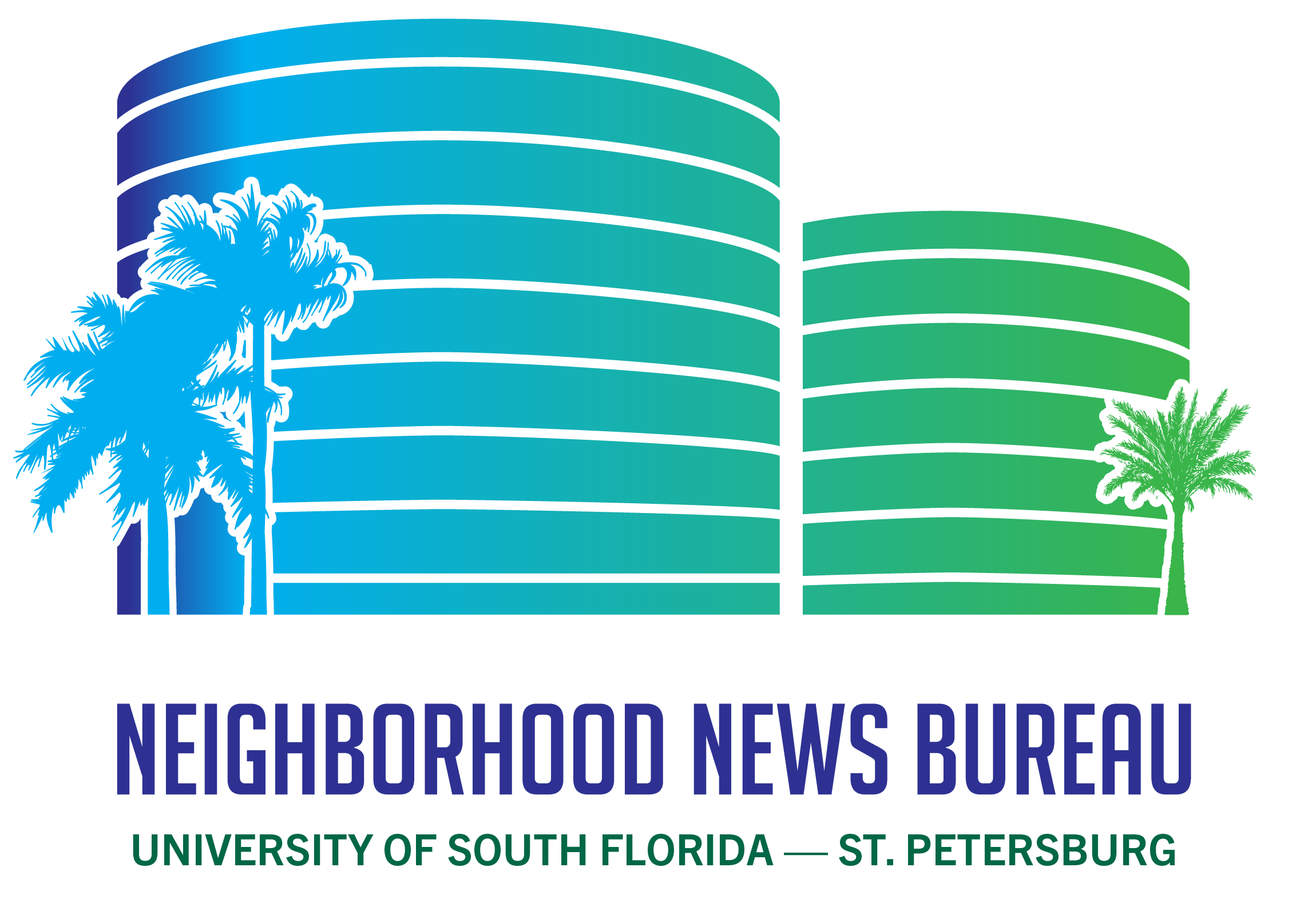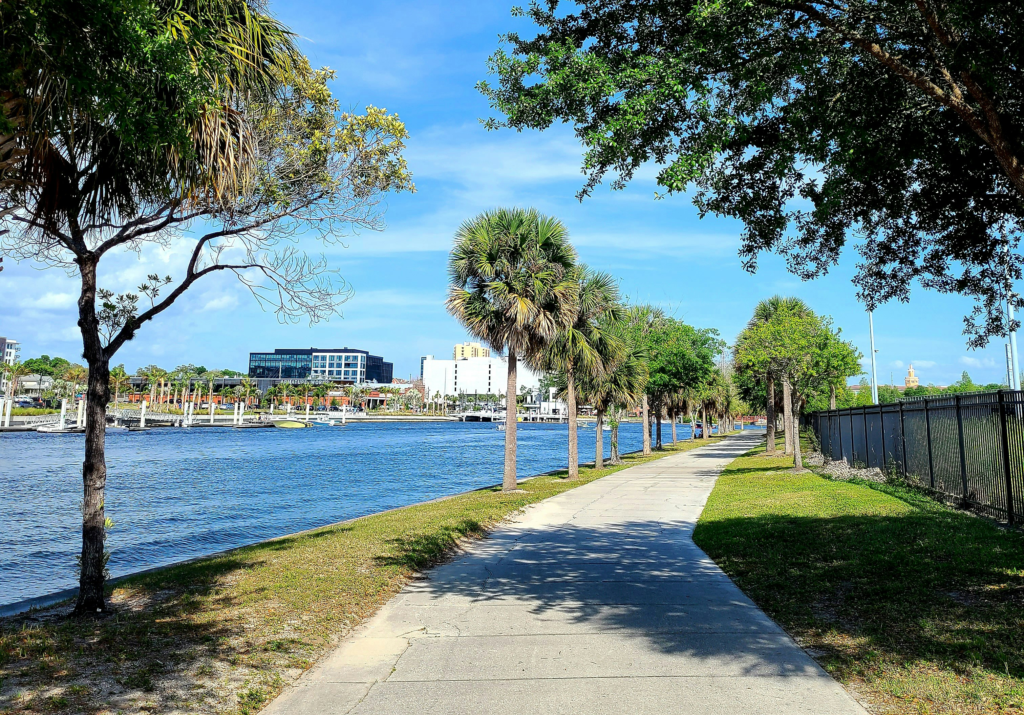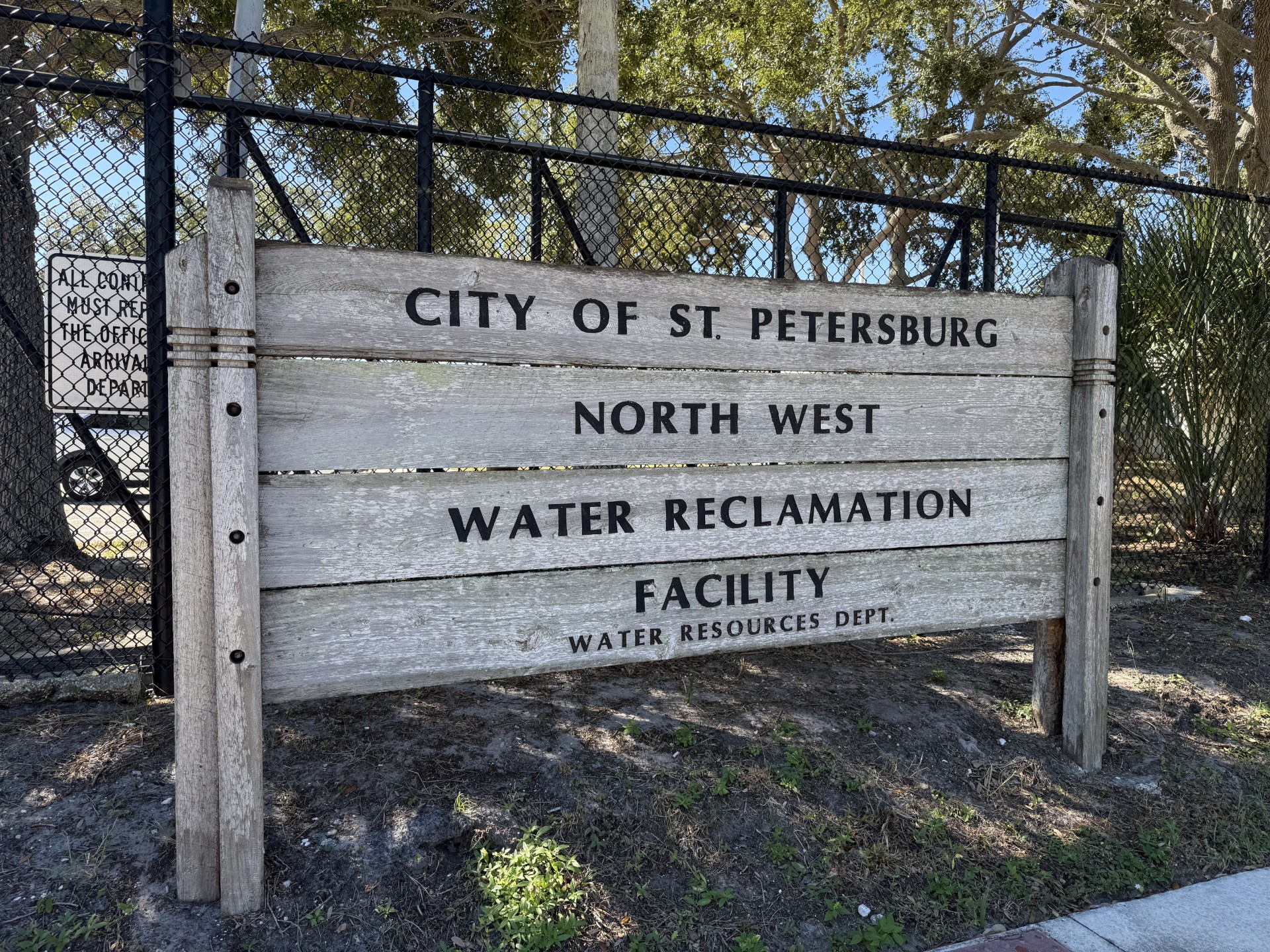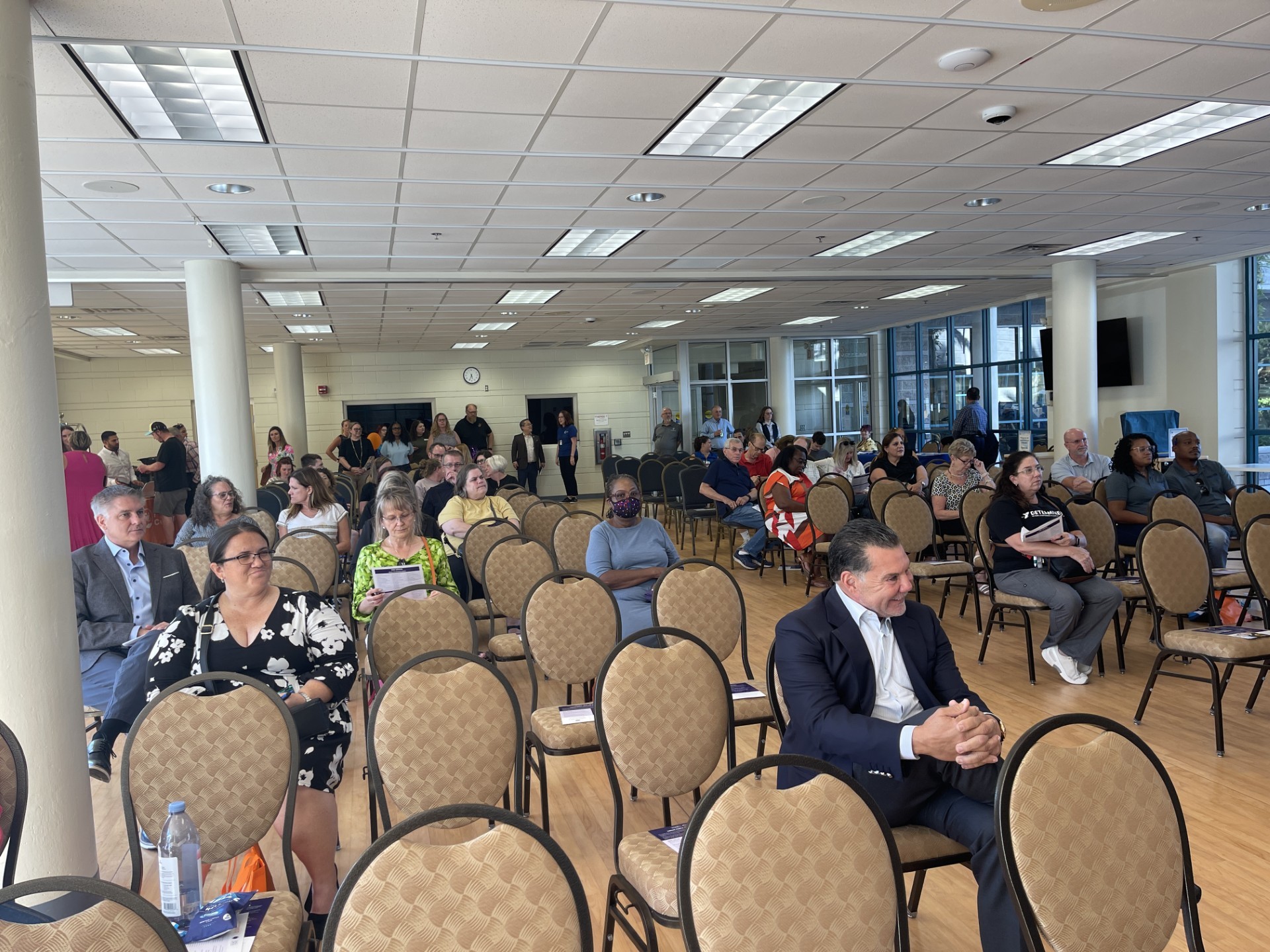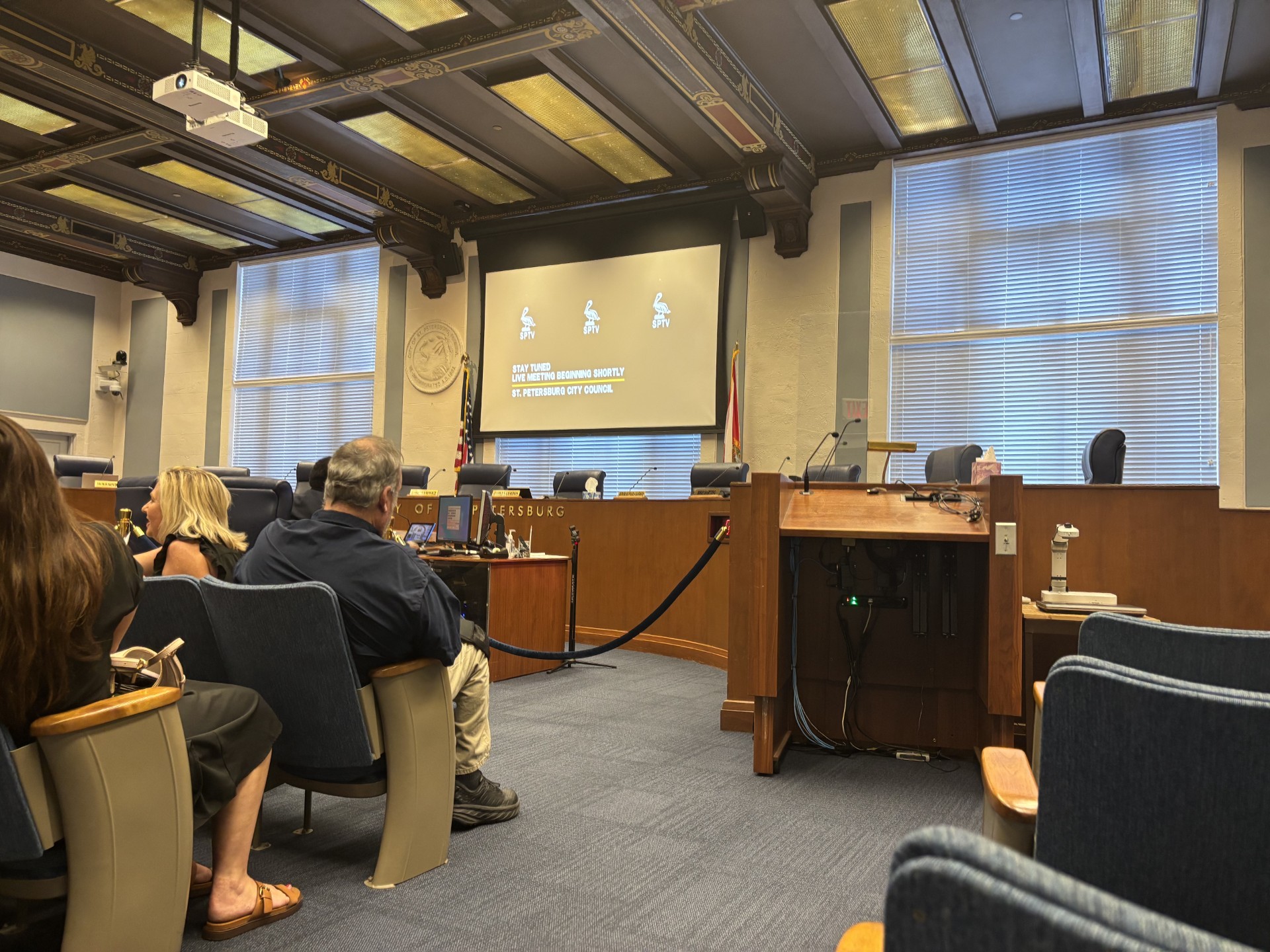By Chase McCann
The Tampa City Council held the first of two public workshops to discuss a potential increase to the multimodal transportation impact fee, a one-time fee issued to land developers to help fund public infrastructure.
The fee is designed to offset the required increase in cost to transportation infrastructure to support new developments. Despite a major increase in Tampa’s population, the fee has not been raised since 1989. Council member Guido Maniscalco argued for the necessity of raising the fee at the workshop, citing the loss in revenue for the city.
“In 1989, I was starting kindergarten,” Maniscalco said. “We wasted 36 years not addressing this. Things have gotten more expensive, and Tampa has grown, but the fee has stayed the same. That’s $135 million in lost revenue because the fee has stayed the same.”
Under Florida law, “extraordinary circumstances” must be established via study to permit an increase in the fee higher than 50%.
In addition, two public workshops must be held outlining why such an increase is necessary. In a presentation at the beginning of the meeting, principal planner Catherine Tellez of the consulting firm Farron Piers argued that the declining power of the fee at its current price to sufficiently meet the demands of building new infrastructure constituted an extraordinary circumstance.
“The amount of fee collected in 1995 can now only construct .128 lane miles of new capacity,” Tellez said. “Based on the most current and localized data, it only has 18% of the purchasing power of when it was first established. Substantial growth is projected over the next 20 years and new development should pay their proportionate share to provide infrastructure to support their future residents and employees.”
Council members also noted that with the decreasing effectiveness of the impact fee, the cost of funding the necessary transport infrastructure for new developments is increasingly falling to Tampa residents. Council member Bill Carlson emphasized the strain such a disparity puts on homeowners.
“The one thing we are hearing loud and clear from homeowners, especially those who’ve lived here their whole lives, is they don’t want to pay the cost of additional infrastructure for new people moving in,” Carlson said. “They think that the new people coming in should pay their own fair share. Why put the burden on the people that are here, especially retirees or people on fixed income that can’t afford higher taxes?”
The council was generally in agreement that the extraordinary circumstances required existed. Members of the public in attendance also expressed their support. Christine Acosta, a business owner representing the transport nonprofit Walk Bike Tampa, gave their approval on behalf of the organization.
“Walk Bike Tampa strongly supports the city’s proposal to update and increase the multi-imodal transportation impact fee,” Acosta said. “Too many of our streets remain congested, dangerous and have limited sidewalks, inadequate crossings, and insufficient protected bike facilities. By updating the impact, Tampa can ensure their new development contributes its fair share to the infrastructure needed to support growth.”
The Tampa City Council will host another workshop on the matter on Oct. 30.
